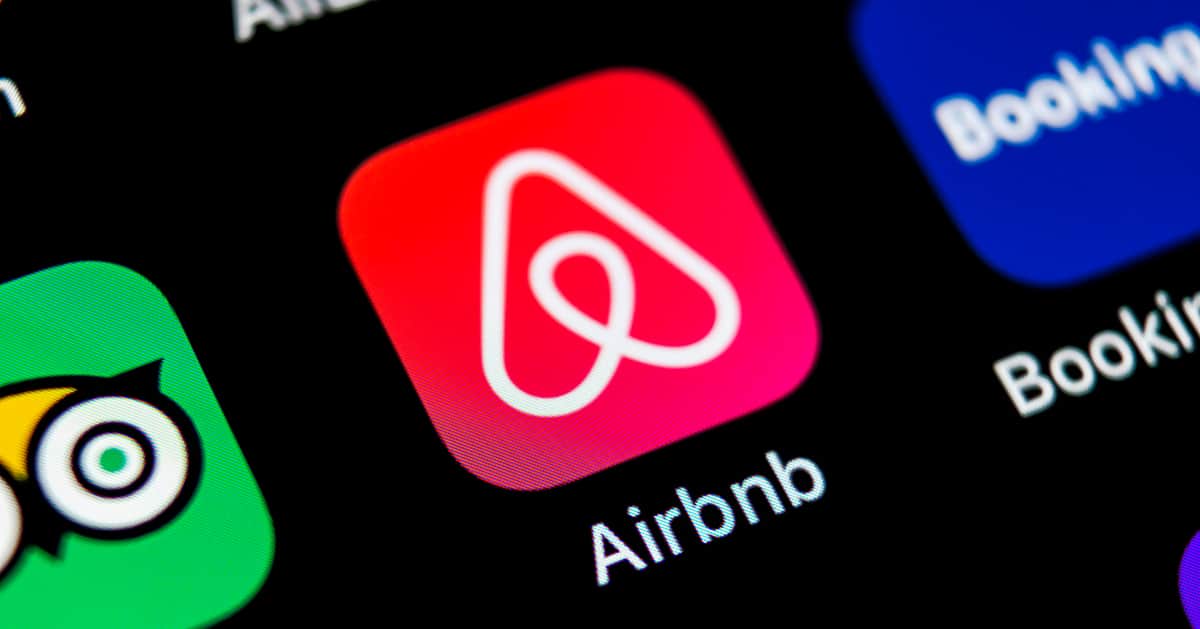Covid-19 cruelly crushed some innovators, but the companies that have reinvented themselves are getting stronger.

Covid-19 killed Airbnb’s business as we knew it. When the pandemic struck, international clients evaporated and tourist reservations in big cities simply disappeared. Suddenly, Airbnb’s seven million rental listings became worthless. The company’s executive team quickly reacted: 1900 employees—a quarter of the workforce—were laid off and $800 million in marketing expenses were scratched. Short term, Airbnb survived, but long term it needed a new business plan. When CEO Brian Chesky spotted a reservations uptick in local areas during last summer, he was intrigued. One-half of August bookings were within driving distance of the guest’s location. Customers who could no longer travel internationally wanted to exhale in nearby refreshing scenery.
Chesky decided to go back to basics. He would pivot to core home rental business. Airbnb still lost 66% of its revenue during the second quarter. Nevertheless, the third quarter seems much more promising and the IPO that was cancelled during spring is back on track for December.
Covid-19 cruelly crushed a lot of innovative ideas, but companies able to reinvent themselves are getting stronger. Consider Tanzania’s Zaidi Recyclers: When contagion concerns led China and India to stop buying its recycled paper, the company switched to producing plastic face shields, which are very much in demand. Some Canadian farmers who lost their supermarket customers decided to give the platform, Shopify, a chance and rode the lockdown boom in e-commerce.
If your business model vanishes, pivot. That’s what Holmes Bakehouse did, when his California bakery had to close shop. Holmes informed his Instagram followers that he would supply home baking kits to cook their favorite pastries for themselves. He already had the supply chain in place. In New York, vodka manufacturer Air Co. switched to producing hand sanitizer.



